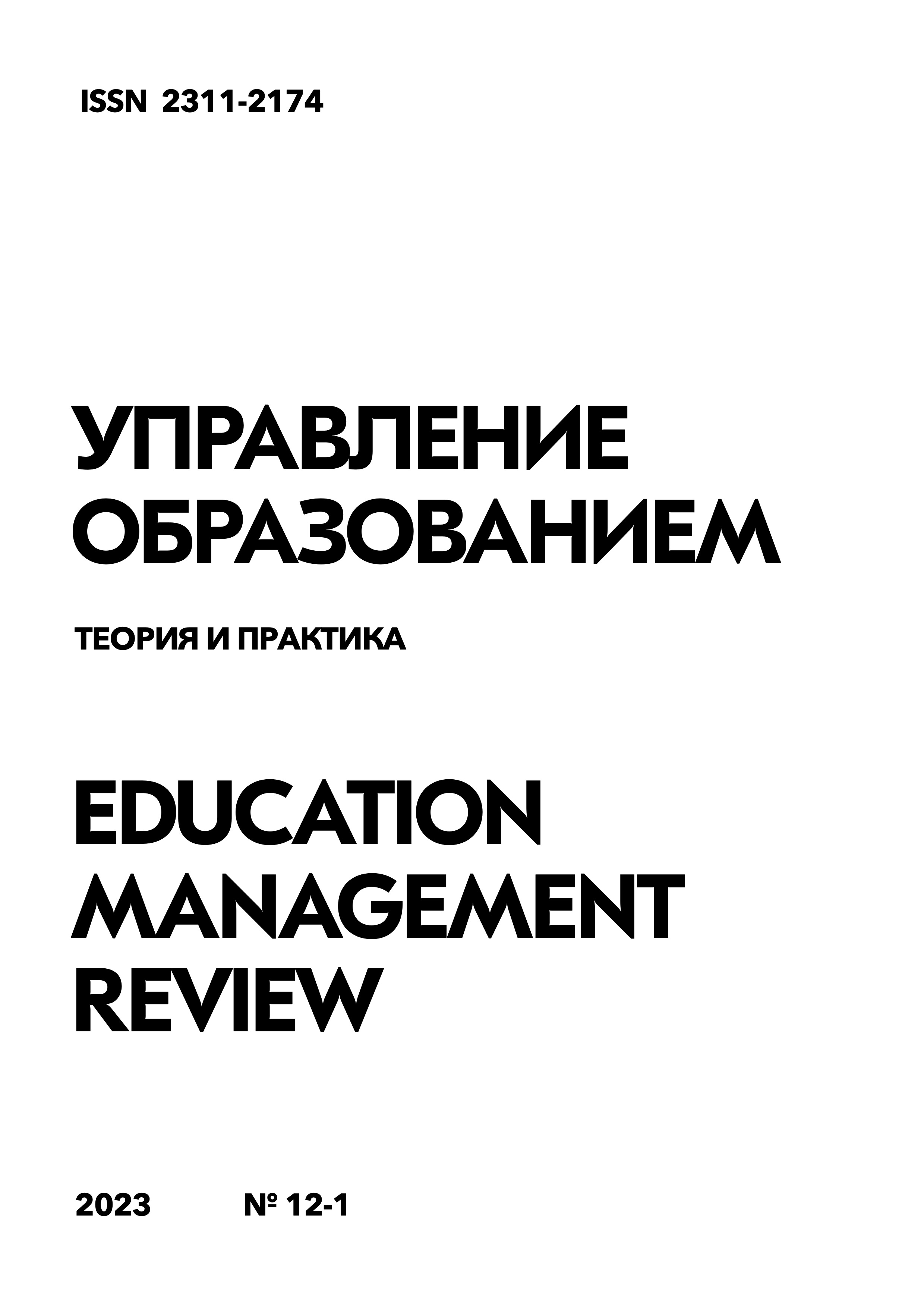The use of measuring materials in assessing the natural science literacy of schoolchildren in the Chechen Republic
DOI:
https://doi.org/10.25726/r0272-6496-8736-hKeywords:
education, literacy, functional literacy, science literacyAbstract
Monitoring studies for the purpose of assessing learning outcomes in general education organizations of the Chechen Republic are carried out by the state budgetary institution “Center for Assessment of the Quality of Education” (hereinafter referred to as CEQA). The regional system for assessing the quality of education is based on monitoring the development of meta-subject results as functional literacy competencies, including natural science literacy. Approaches to assessing the formation of meta-subject results are structured by analogy with studies of CDF. Key words: education, literacy, functional literacy, natural science literacy. In addition, there is a fact of declining or stagnating Unified State Examination results among Chechen schoolchildren in the subjects of chemistry and biology. One of the priority areas in the strategy of socio-economic development of the Chechen Republic until 2035 is education, but at the same time, the acute problem remains of the lack of a sufficient number of highly qualified teaching staff and the lack of workshops and laboratories in schools, without which it is impossible to ensure quality indicators in the formation and development students' science literacy. Educational institutions fail to achieve effective results in science learning for a number of reasons. One of them is the use of educational tasks in the classroom, the use of which in practice is impossible.
References
Анализ метапредметных результатов обучающихся 7 классов общеобразовательных учреждений Чеченской Республики. Грозный. 2023 URL: http://coko95.ru/files.html
Анализ метапредметных результатов обучающихся 10 классов общеобразовательных учреждений Чеченской Республики. Грозный. 2023 URL: http://coko95.ru/files.html
Анализ результатов диагностики уровня сформированности функциональной грамотности у обучающихся 8 классов общеобразовательных учреждений Чеченской Республики Грозный. 2023 URL: http://coko95.ru/files.html
Бугаева А.П., Кротова О.Г. Формирование естественнонаучной грамотности на основе понимания «науки как способа познания» с учетом национально-региональной специфики севера // Мир науки, культуры, образования. 2020. №5 (84). С. 10-14.
Демидова М.Ю., Добротин Д.Ю., Рохлов В.С. Подходы к разработке заданий по оценке естественнонаучной грамотности обучающихся // Педагогические измерения. 2020. №2. С. 8-19.
Куприянова С.Г. Особенности формирования естественнонаучной грамотности обучающихся основной школы // Образование и воспитание. 2021. № 2 (33). С. 33-35. URL: https://moluch.ru/th/4/archive/192/6177/
Филиппова П.А., Завальцева О.А., Мишина О.С. Технологии формирования компетенций естественнонаучной грамотности у обучающихся на уроках биологии в школе // Проблемы современного педагогического образования. 2022. №75-1. С. 219-222.




